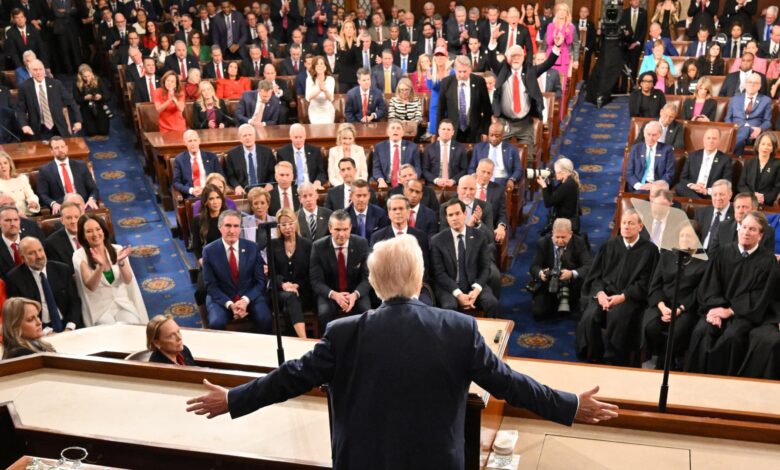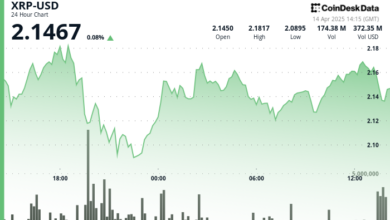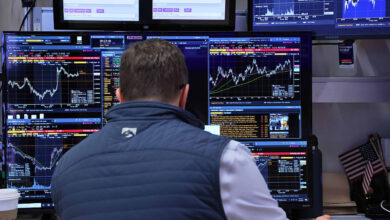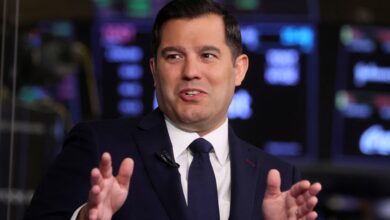Do tariffs protect U.S. jobs and industry? Economists say no

President Donald Trump’s stance on tariffs has been a central theme of his economic policies. In a recent address to a joint session of Congress, Trump touted tariffs as a solution to creating jobs on an unprecedented scale. However, economists have raised concerns about the potential negative impact of these tariffs on the economy.
Since taking office, President Trump has implemented a series of tariffs on various imports, including imposing a 20% duty on all goods from China and a 25% tariff on imports from Canada and Mexico, the two largest trade partners of the United States. Additionally, tariffs of 25% on steel and aluminum are set to take effect soon, with reciprocal tariffs from other countries looming on the horizon.
While tariffs are intended to protect American industries by making foreign products more expensive and thus boosting domestic production, economists warn that they can have unintended consequences. Mark Zandi, chief economist of Moody’s, has described tariffs as a “lose-lose” situation that ultimately costs American jobs.
Research has shown that while targeted industries may benefit from tariffs in the short term, there are negative spillover effects on other sectors of the economy. For example, steel tariffs have raised production costs for industries like manufacturing, automobiles, agriculture, and construction, leading to job losses in these sectors.
Furthermore, retaliatory tariffs imposed by other countries can make it more difficult for U.S. exporters to sell their goods abroad, effectively acting as a tax on exports. This can further exacerbate the negative impact of tariffs on the economy, leading to a slowdown in global trade and economic growth.
Historically, protectionist trade policies like the Smoot-Hawley Tariff of 1930 have been shown to have negative consequences, including exacerbating economic downturns like the Great Depression. Economists warn that similar protectionist policies in the modern era, such as those implemented during the Trump administration, could have similarly disappointing results.
While President Trump has touted tariffs as a way to protect American jobs and industries, economists argue that a more nuanced approach to trade policy is needed. Instead of relying on tariffs to prop up struggling industries, they suggest focusing on policies that connect workers to the jobs of the future and promote innovation and growth in the economy.
In conclusion, while tariffs may offer short-term benefits to certain industries, the long-term consequences on the economy could be detrimental. It is essential for policymakers to consider the full impact of trade policies and work towards creating a balanced and sustainable economic environment.





